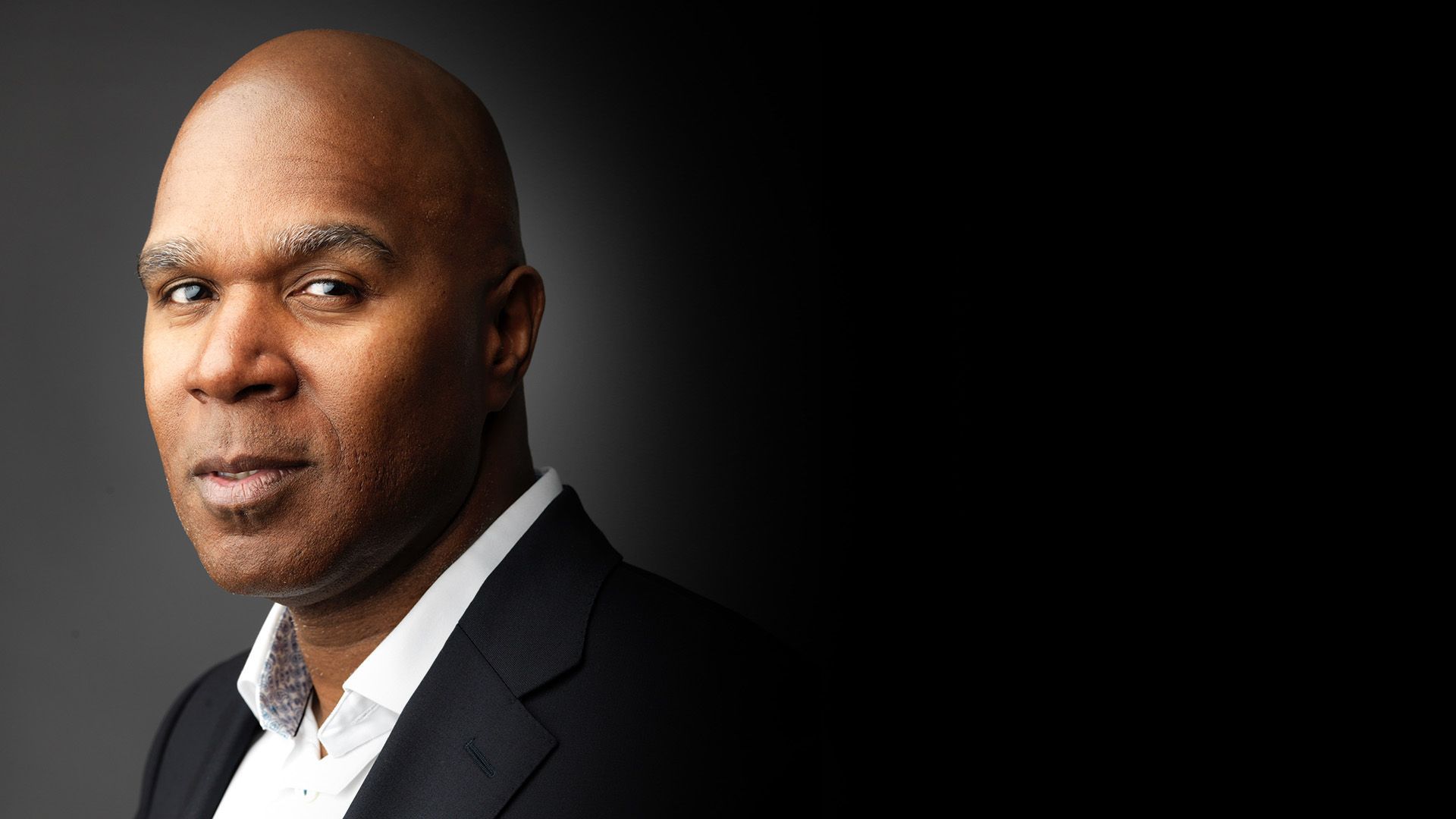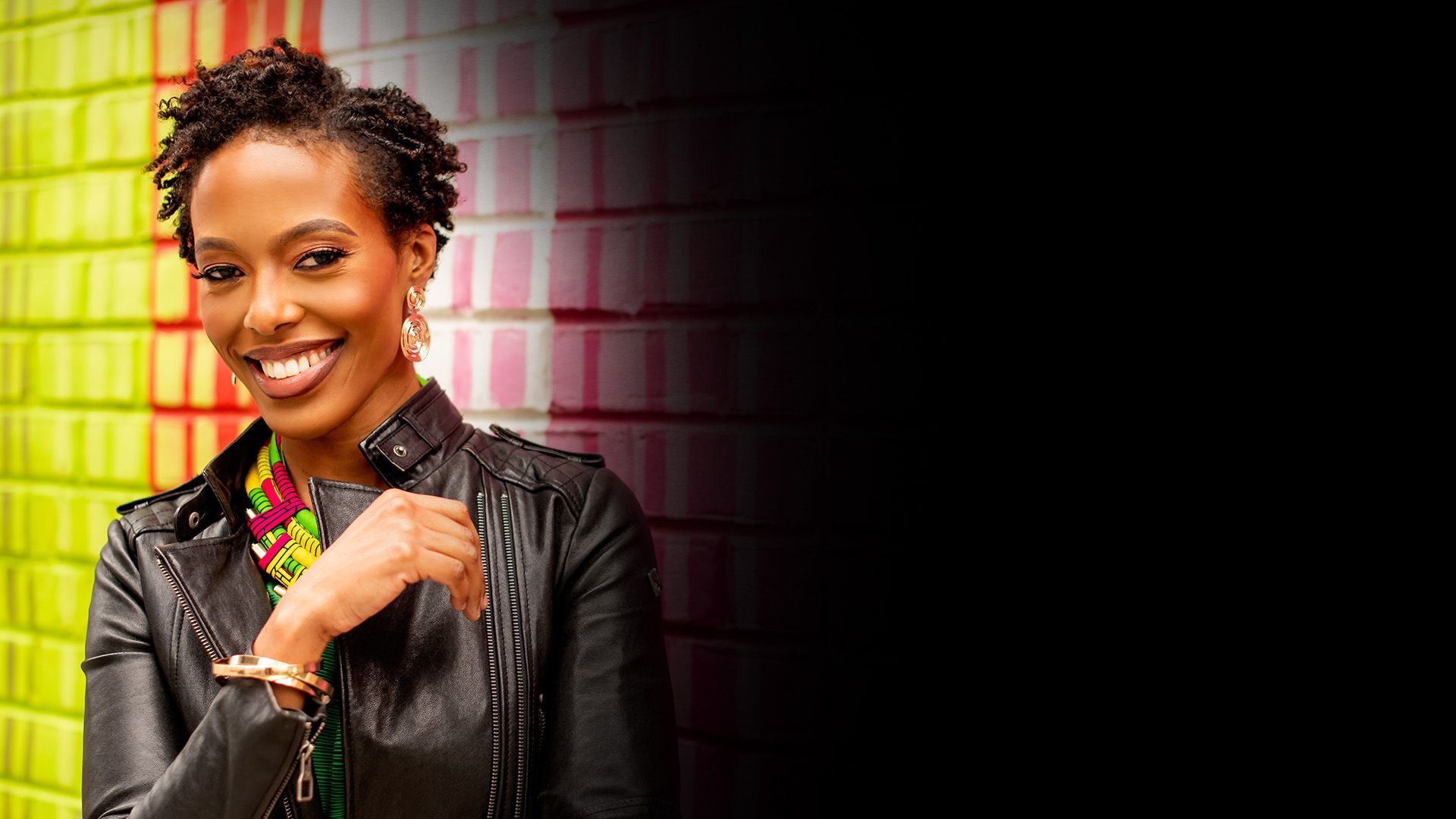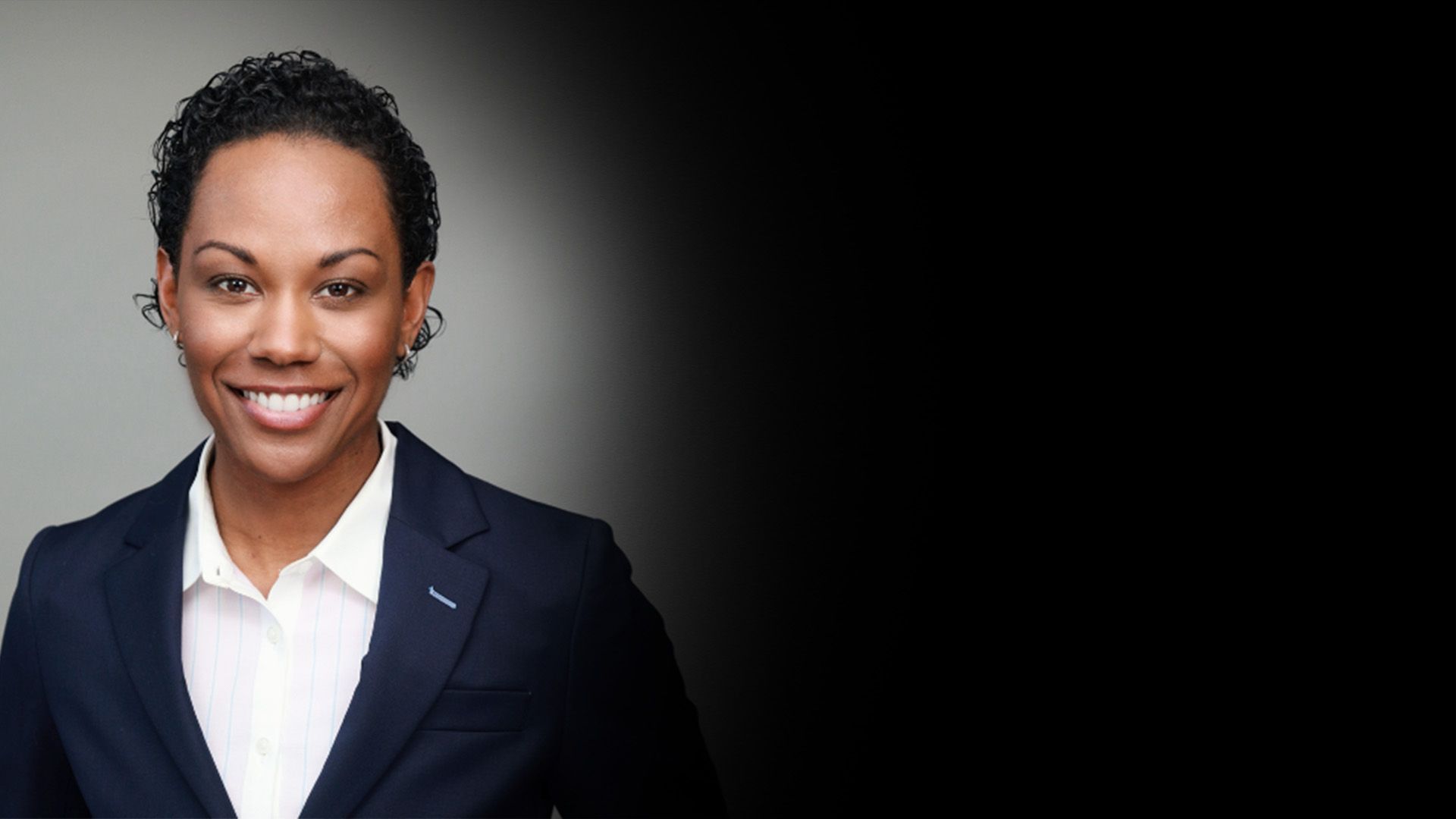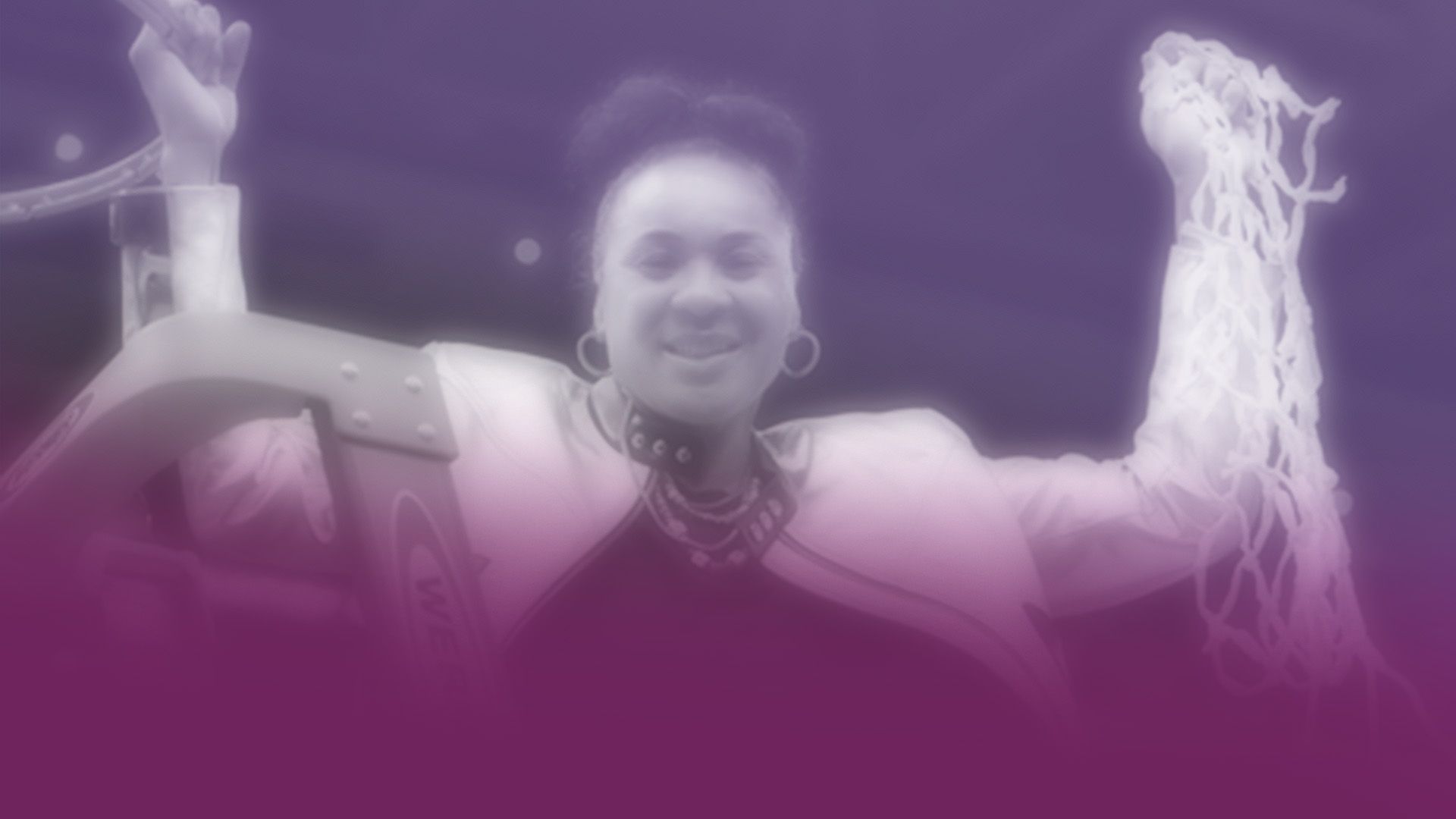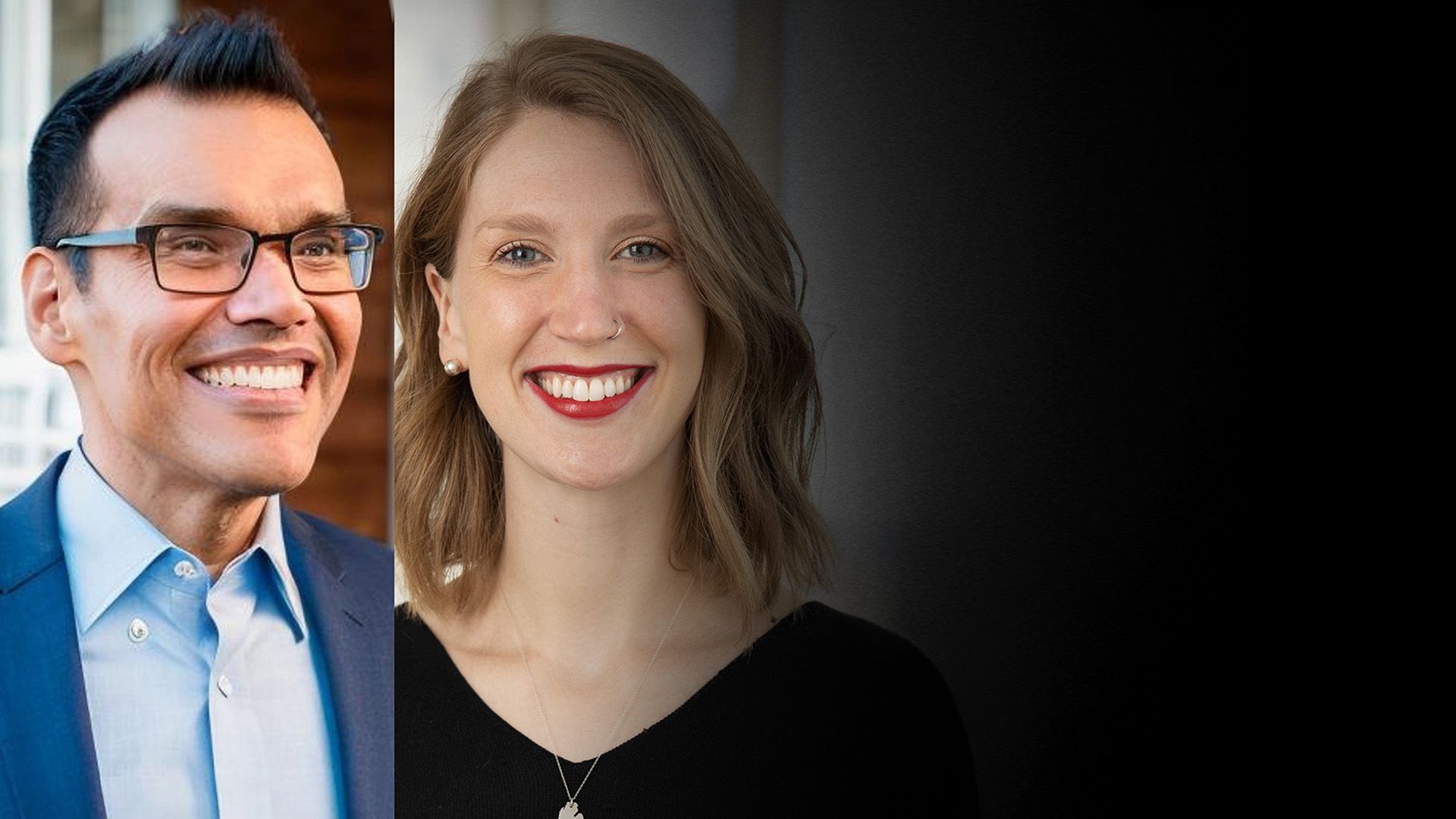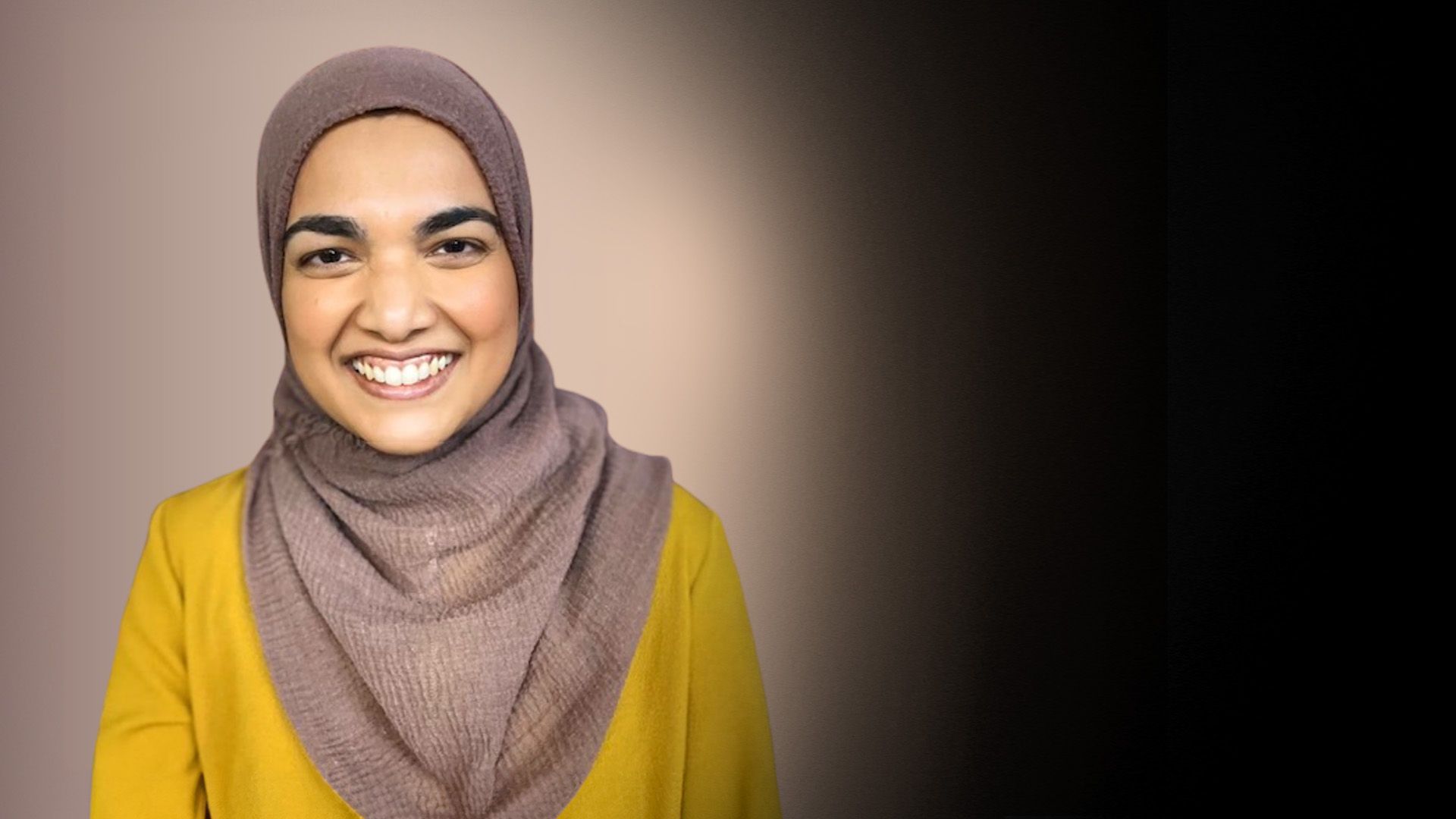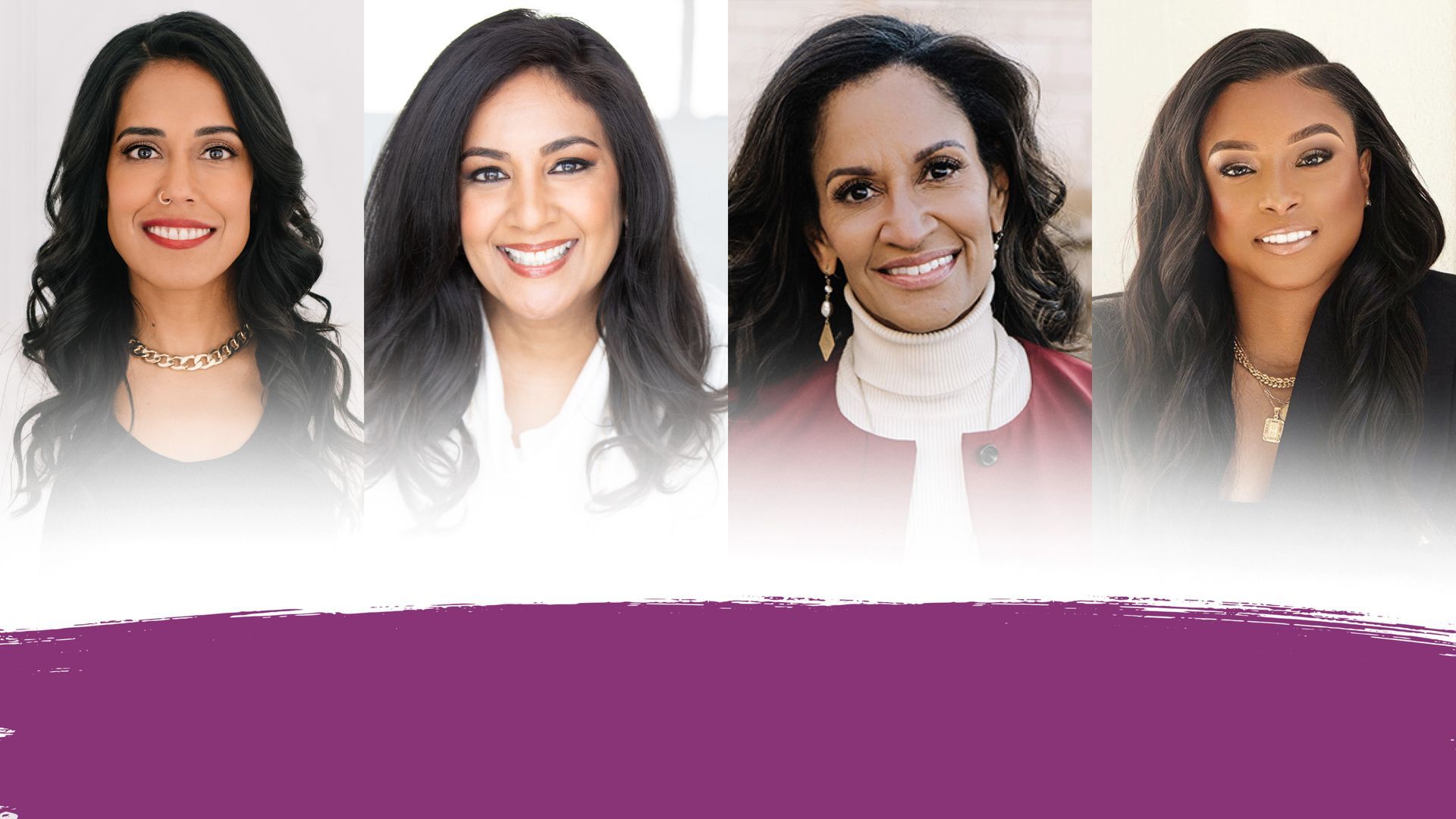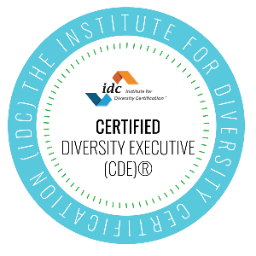How to Engage a DEI Consultant for Effective Outcomes
As the business world catches on to DEI and more consultants are hired, people are realizing there is much more strategy and guidance needed for successful and sustainable outcomes to occur.
The working relationship between an organization and consultant can’t be left to chance in the hopes that the fit is correct or a strategy will be smoothly enacted.
To achieve desired outcomes, it’s a great idea for organizations to know exactly how to engage a DEI consultant, what the relationship should look like, and what strategic steps to expect along the process.
Before I share those details, I want to touch on why it’s beneficial to specifically hire an external DEI consultant.
First, why do businesses seek out DEI practitioners?
There are a multitude of reasons why a business or organization, with or without resources, would need to hire a diversity consultant or additional support for their practitioners:
- Businesses may have a DEI practitioner or department in place, but the volume of work can be too great.
- Businesses may not have in-house capabilities, current staff expertise, or the wherewithal to execute the work.
- Businesses might need specific expertise and additional facilitation to round out their current knowledge base.
- Businesses may already have someone astute at DEI who is facilitating in a programmatic way and they may need an assessment or audit to elevate the work to the next level.
- Businesses may have reached a point where they are building out learning and development and need someone who has expertise in specific content and curriculum areas.
In addition, many in-house DEI leaders share that hearing from an outside voice helps to move the work forward in a more intentional way and with greater confidence.
I often hear from internal DEI leaders that organizations can feel they are biased towards their work and suggestions (as they should be because that’s what they are hired to focus on). Bringing in a non-biased outside voice to analyze and share what’s needed can be helpful.
DEI is both a specialized skill set and a broad discipline. People can forget that there is an extremely large volume of work to be done and that there are various types of specialists within the field.
Because of these points, there are many ways you should engage with your hired consultant in order to get the best outcome for your organization.
Here are 7 ways to better engage a DEI consultant for effective outcomes:
1. Understand the difference in expertise
It’s important for leaders who are making the hiring and vetting decisions to understand that different consultants have different areas of expertise.
Many people lump DEI into a giant category of diversity consulting, but there are many different divisions.
You must be clear about what specific needs or areas of focus you’re trying to address—whether you need someone involved in HR, career development, board leadership, cultural audits, DEI strategy planning, implementation, supplier diversity, employee resource groups, and so forth.
Before even reaching out, you should at least have a general understanding of what the internal problems are, what you perceive the needs to be, and then you can secure accurate proposals and quotes from the different consultants.
2. Leave room for the DEI consultant to do an evaluation
Often, an organization will call a DEI consultant saying “we need this { specific item } in regards to DEI.”
In reality, the needs of that organization can be very different—and often are.
It’s important to leave room for the DEI consultant to do some type of their own evaluation so they can help you uncover deeper needs.
This evaluation doesn’t have to be intense or overly formal. You can create a dialogue so the consultant can spend time with your primary contacts, ask questions, dig into your organization’s culture, and be able to ascertain how to best go about the assessment.
Come with the problem and opportunity you are trying to address versus coming with exactly what you believe you want them to execute.
By leaving space for the DEI expert to evaluate, you can uncover hidden issues or opportunities, and then ultimately create a better game plan for effective work.
3. Do preliminary internal work and come prepared
As a client, you should already have done some preliminary internal work, especially within leadership. One of my earlier blogs shares various steps and ways this can be done.
With this relationship, there needs to be some level of “buy in” to address the internal opportunities or solve the potential problems.
If you’re bringing in a DEI consultant blind and no one else in the organization has done any preliminary work, it can waste time and effectiveness for both you and the consultant.
Create an internal dialogue with stakeholders and leaders around the problems for what you’re trying to address with DEI. This intel can then be shared with the DEI consultant so they can be as informed as possible.
This intel can be:
- Sharing assessments/surveys with staff and leadership
- Internal audits with various teams
- Sharing the types of information that would help the consultant have a good sense of the “pulse” of the organization
- Analyzing where the organization is at within the continuum of DEI (not every organization is in the same place).
As the DEI consultant, one question I like to ask when first engaging in potential client relationships is, “What led you to seek out a consultant?”
The answer usually helps me understand their “why” of this work and lets me know if some initial legwork has gone into discussing with stakeholders.
If others in the organization don’t believe there’s an issue, problem, or opportunity—then it can cause stagnancy and lack of progress in the work.
4. Review the type of budget you’re working with
A vital point is having a sense of what type of budget you are wanting to allocate to solve this problem or opportunity.
Assessing budget can be difficult because the business often wants the consultant to tell them to share what they believe the budget is.
The conversation is valuable to have both ways, since there needs to be initial analysis and allocation of the internal budget, and then the DEI consultant can share proposals for what different projects might be (whether it’s for certain ongoing work, specific types of practitioners, or specific curriculums/programs).
It’s an important move to have these preliminary financial conversations and see that there is, in fact, an investment of money that can be allocated towards this work.
5. Be aware that a DEI consultant is not necessarily a ‘diversity trainer’
This is an essential distinction that ties back to Point #1 — in regards to the needs of the organization and what you are trying to accomplish.
Just because you consult with a certain DEI consultant around areas that need to be focused on, it does not mean that that consultant is necessarily the “diversity trainer” to develop those specific curriculums.
As stated, there are many types of consultants, advisors, specialists and trainers—and there is a difference between all of them. Each one is somewhat nuanced so make sure you are asking questions for exactly what you’re looking for before hiring.
As the DEI consultant, one thing I personally like to provide in initial conversations is a capability statement and media kit that relates to some of the work that I’ve done with different clients.
This helps the client become aware of the exact type of work I do and provide and they can better reflect on their own needs.
This means we will be on better grounds to perceive the work going forward and I can see if I can personally address their needs or if they have to hire a different advisor or specialist.
6. Look for specific skill sets or certifications in a consultant
As you begin to vet different consultants, make sure to check for their academic background and what they’ve executed and accomplished in the DEI space.
You want to look into their competence and involvement on the various topics that astute DEI consultants should be able to speak to. This includes organizational leadership, change management, labor relationships, and talent management and development.
Sometimes it’s necessary to ask questions or consider: “Does this DEI consultant have a certification—particularly from entities that will train at a high level?”
Educational pedigrees and certifications are not necessarily “make or breaks” but in the comparison process, they are an important consideration. Especially if their certification or education is directly applicable to the need your organization has.
7. Think about the value of a long-term retainer relationship
A key consideration when you’re hiring a consultant is the value and effectiveness of long-term retainer contracts. An ongoing consultant relationship often leads to the best institutional, interpersonal, and knowledge base outcomes for clients.
Initially, some businesses want to do monthly or 6-month long projects. A DEI consultant can, of course, come in to do that scope of work. But the benefit of a longer investment, such as a 24-month retainer contract, is that it becomes more productive to gather more data points and and more effective to implement the strategies over a longer period of time.
Some further benefits of long-term retainers are that they ensure fiscal transparency, predictability, and allow for fluidity to align the body of work with its vast needs and complex layers. Longer work creates the ability to build upon the initial, foundational groundwork.
Working on a recurring basis also tends to be more cost-effective over the long term—instead of varying and additional project fees for multiple scopes of work.
This is because the consultant won’t really know the full scope of work and ideal strategy until their time has been spent on doing the deep work and truly assessing the business. As the consultant uncovers new data, the work often evolves and updated strategies or specialist recommendations can become necessary.
With any change management process, long-term trust and buy-in are critical to effective change. Long-term relationships let DEI consultants intimately know the organization’s culture, knowledge of industry, and overall business processes, which can lead to more targeted and applicable advice.
Success with a DEI consultant relationship
By putting the proper effort and time investment into a relationship with a DEI consultant, your business or organization can create the most effective results.
But it’s not only about putting the effort in to secure the consultant, but also knowing what to look for, how to engage them, and how to lead each other to those sustainable outcomes.
The relationship can then become more beneficial in terms of stakeholder comfort, the consultant’s ability to lead, and both side’s overall confidence through the entire process.
Do you have any additional tips or insights from either side—either how businesses and organizations can better engage DEI consultants, or as a consultant, how to better support the relationship with organizations for more effective outcomes?
